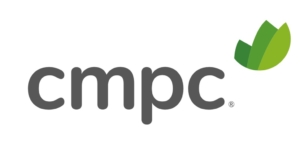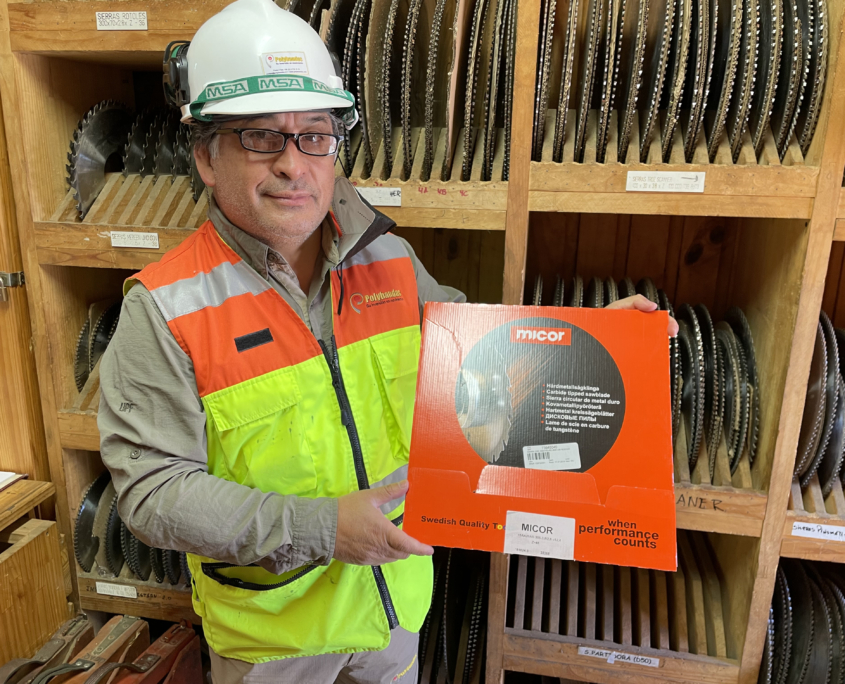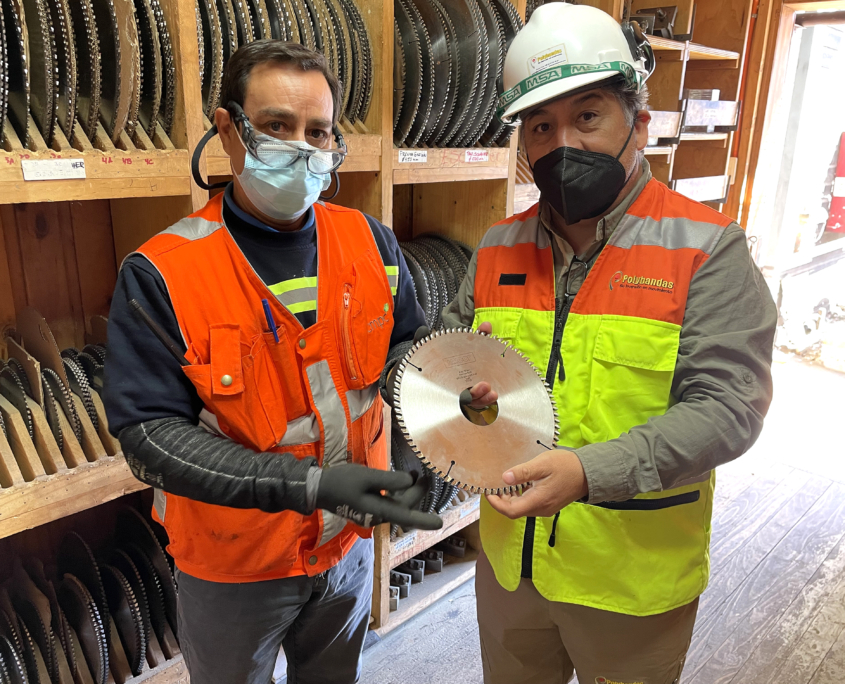According to Juan the high quality of the LSAB/Micor saw blades ensure minimal waste and disruption during production, but it’s not just the product that needs to keep a high standard. “To ensure high output it’s just as important to have the human aspect work smoothly,” tells Juan. “To have a good communication with the supplier is crucial, high service and dependability are just as important for me to achieve a good finished product.” One of the challenges he sees today is the fact that workers with long term experience and knowledge are disappearing while the saw mills themselves are pushed to deliver at shorter deadlines. “My job is to care for our client relationships. I receive many phone calls from end customers asking technical questions on new design, changing clearance angles, what happens if we switch materials and so forth. I then contact the office in Laholm to reach a solution. In the past their response has always been quick and they are very knowledgeable, which has been of great value to me.”
CMPC is operating in a part of the world known for deforestation and the felling of rainforest, and perhaps this is why they make a special point of maintaining and replanting the forests. They grow and care for 1 100 000 hectares of woodland across Chile, Brazil and Argentina which in turn provide factories and saw mills with raw material. The company takes great care in keeping the forestry sustainable during the entire life cycle of pruning, replanting and fighting wildfires. They are also certified for origin tracing all the way from seedling to plank. “We have a responsibility as humans both in business and sustainability,” Juan says.
In circular production you have to nurture not only the material but the community and the people living in and around the forests, and CMPC is supporting a series of education and collaboration initiatives to help the local communities and environment. A first in Chile, they have received the UN Green Bond certificate, meaning that they follow the UN established objective to invest in three sectors: economic growth, environmental consideration and societal development. During a ten year period they have invested close to SEK 500 million /USD 52 million. Juan points out that within these endeavors there is still a need for more locally sourced knowledge in how these efforts are directed. He gives an example, “A lot of what is being planted is pine, which is not always the most suitable for this place as it to some degree leaches the soil.”
Within the company investments are also being made in education, Juan tells that “One of the most fulfilling projects I have been involved in was a few years ago, when CMPC brought over people from Sweden, Finland, Germany and the USA, to establish a brand new centralised grinding workshop, for all the production units of CMPC to provide support for all saw mills. It’s an amazing experience to build up competence locally.”
When asked about the future Juan believes that raw materials like wood and paper will continue to increase in price. “This means that we need to promote the recycling of wood and decrease our production of paper. Wood as raw material will become expensive and rare, we will have to use each millimeter the best we can.” Which means that the tools of production will have to keep evolving, saw blades need to be thinner, stronger and more precise. “It’s a constant strive for improvement, looking for ways to minimize spillage from each tree,” says Juan. “In the end this is what I like most and what has kept me in this job for so long. It’s a privilege to visit a client and figure out a solution to their problem, and with my 61 years I hope to spend many more in this business working with good suppliers like Micor/LSAB,” Juan finishes. “I might stay here until I’m 75,” he adds with a smile. “Who knows? I obviously like long relationships with both clients and suppliers.”







